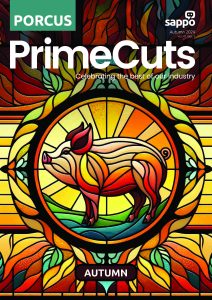Source: Sifiso Ntombela, Fin24, 25 November 2021, photo credit: EXPATICA
South African farmers are finding their business increasingly at risk due to the effects of climate change. Broad-based access to a state-supported agricultural insurance scheme would enhance food security in the country. The global population is expected to reach nine billion by 2050. Scientists have estimated that to supply adequate nutrition for every one of these people, food supply would need to increase by 70% above present levels.
Approximately, 736 million people in the world live below the poverty line, which means they survive on less than US$1.90 (about R28.35) per day. The World Bank estimates that 413 million of these poor people live in Africa, and most are poorly educated rural dwellers who rely heavily on agricultural activity.
The growing demand for food places agriculture centre stage in a bid to ensure a peaceful and stable world economy. Thanks to access to modern technology and highly skilled farmers, food production and distribution have become more productive and sustainable. However, farmers’ ability to meet the growing demand for food is constrained by the effects of climate change, which is putting a number of important variables beyond the control of the producer.
Climate change is one of the greatest risks facing agriculture and other sectors. In agriculture, changing climate and weather affect production and productivity by reducing crop yields, worsening the spread of weather-related diseases and affecting livestock productivity and reproduction.
The effects of changing weather patterns on agriculture have also been felt in South Africa. In 2015, the country experienced what many believe to have been the worst drought in a century. It affected all agricultural commodities. Since then, drier weather conditions have persisted in many areas.
Commodities such as wheat, sugar and beef have recorded below average production in the recent past. This has driven food prices higher, contributing to food insecurity for many poor households.
Read more
The South African Pork Producers’ Organisation (SAPPO) coordinates industry interventions and collaboratively manages risks in the value chain to enable the sustainability and profitability of pork producers in South Africa.







